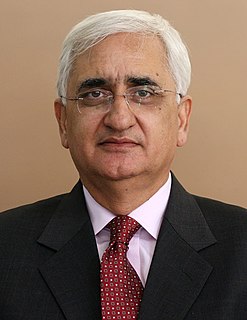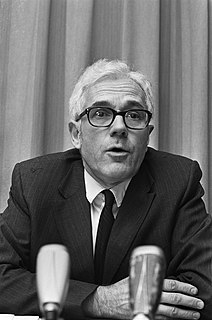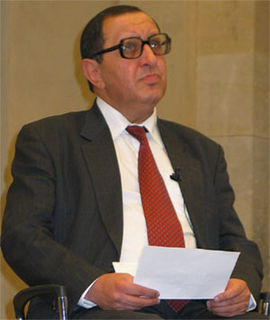A Quote by Lawrence Osborne
Muslims do drink, as anyone who has spent a wild weekend with Saudi booze tourists in Bahrain will know. Those Saudi tourists are like teenage girls in Manchester on a Saturday night. But each country and region is different.
Related Quotes
We are not shrinking from talking to Saudis or anyone else in the region, but it is up to each nation in the region to decide on its own how it will proceed and at what pace. There are other nations in the region that had similar policies to Saudi Arabia that are starting to make changes, such as Bahrain, Kuwait, Qatar, Morocco. And so it takes time but when you see the need for such changes, then changes tend to follow.
India considers Saudi Arabia a center of stability in the region. The security and stability of the Gulf region and that of the Indian subcontinent are interlinked. Bilateral security cooperation between India and Saudi Arabia will contribute to regional stability and in addressing the common threat of terrorism in the region.
As far as I know, Russians are the first among tourists going to Turkey; last year three million Russians visited that country, although its climate zone is almost the same as the one of the Black sea region. Therefore, we have had an important task to develop an infrastructure in this region of the Russian Federation.
If you ask a Saudi Imam why women in Saudi Arabia can't drive, he'll say, 'Because Islam demands it.' But that's absurd, because - first of all - Islam demands no such thing; and secondly, the only country in the world in which women can't drive is Saudi Arabia. The inability to understand the difference between a cultural practice and religious belief is shocking among self-described intellectuals.
Oil policy, policy toward the United States, policy toward Iran, Bahrain, Yemen, very unlikely, I think, to see significant change. These policies were the policies that had a wide family consensus. The question I think would be if the king becomes sick, whether you have weak Saudi leadership in the Arab world and the Middle East rather than strong Saudi leadership, but I think the fundamental policies will continue, the ones we’re familiar with under King Abdullah.






































